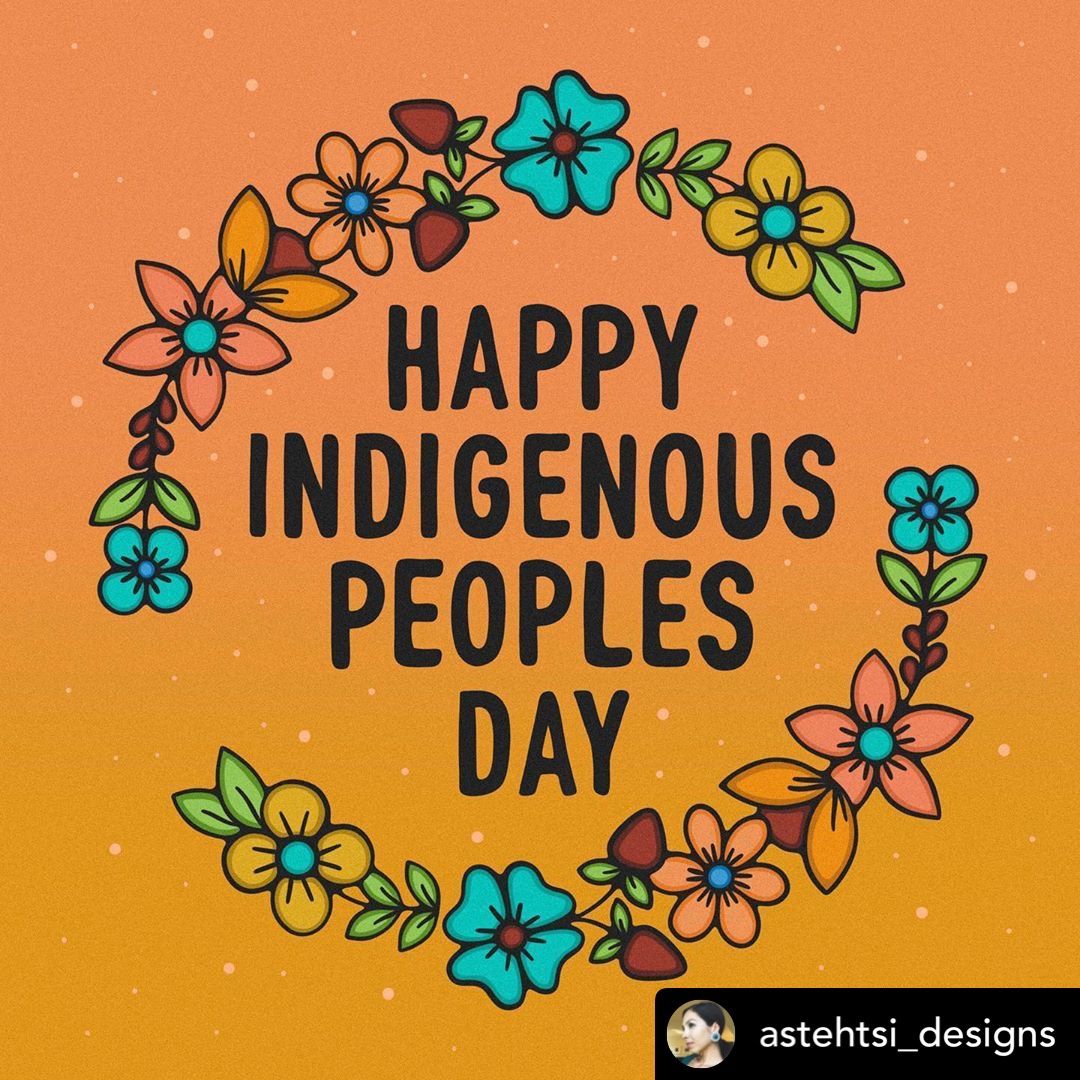Indigenous Peoples’ Day represents not merely a pause to acknowledge the presence, culture, and history of Indigenous communities; rather, it serves as a profound call to reflection and spiritual enrichment for those who engage with Bahá’í teachings. The observance challenges individuals to transcend superficial recognition and to delve into a deeper understanding of the intricate tapestry woven by human history—encompassing both joy and sorrow. It invites an exploration of authenticity, which resonates strongly within Bahá’í principles regarding universality, justice, and the oneness of humanity.
Understanding Indigenous Peoples’ Day from a Bahá’í perspective necessitates a recognition of the intrinsic value of every race and culture. The Bahá’í Faith emphasizes the oneness of humanity—a tenet that dovetails seamlessly with the celebration of Indigenous cultures. Each Indigenous community harbors unique contributions to the human narrative, embodying spiritual truths and wisdom that can enlighten all humanity. This recognition affirms that cultural diversity is a divine resource through which humanity can explore multiple facets of existence.
The Bahá’í teachings urge an appreciation for the contributions of Indigenous peoples to environmental stewardship and sustainable living. Historically, Indigenous populations have exemplified a harmonious relationship with the earth, oftentimes seen as stewards rather than mere exploiters. This perspective aligns with the Bahá’í belief in the interconnectedness of all creation. As Bahá’ís reflect on Indigenous Peoples’ Day, they can draw parallels between this stewardship and the moral imperative to protect and preserve our planet for future generations.
Further exploration reveals the spiritual significance inherent in Indigenous cultures. Many Indigenous peoples possess profound spiritual traditions that encapsulate an understanding of the Creator and the natural world, often conveying wisdom that transcends temporal boundaries. The Bahá’í Faith recognizes the multiplicity of paths to God and appreciates that Indigenous spiritualities can contribute to an expansive comprehension of divine reality. Engaging with these traditions during Indigenous Peoples’ Day can catalyze a transformative dialogue that highlights the shared spiritual heritage of all human beings.
Bahá’í teachings also emphasize justice and equity, principles that resonate profoundly when considering the historical injustices faced by Indigenous populations. In many parts of the world, Indigenous communities have endured systemic marginalization. The Bahá’í commitment to social justice provides an ethical framework through which individuals can examine their responsibilities toward rectifying these historical grievances. Observing Indigenous Peoples’ Day becomes an opportunity for collective atonement, fostering a commitment to allyship and support for Indigenous rights and sovereignty.
This day also serves as a potent reminder of the bounty of knowledge that arises from the fusion of perspectives. Engaging with Indigenous thinkers and communities can illuminate alternative epistemologies, revealing truths that are often overlooked in dominant narratives. The Bahá’í writings encourage the pursuit of knowledge, advocating for an openness that can challenge preconceived notions and deepen spiritual insight. By participating in Indigenous Peoples’ Day activities, Bahá’ís can contribute to a broader dialogue that celebrates the richness of diverse thoughts and ideas.
Moreover, gatherings and events dedicated to Indigenous Peoples’ Day can foster connections and dissolve barriers. These interactions embody the Bahá’í principle of unity, allowing individuals to experience the transformative power of diversity in action. Such engagements provide avenues for cultivating mutual understanding and respect, essential for building cohesive, inclusive communities. The act of celebrating Indigenous Peoples’ Day together can create an atmosphere that encourages learning and growth, contributing to a collective spiritual evolution.
Amidst reflections on Indigenous contributions and challenges, it is crucial to advocate for the recognition of Indigenous rights. The Bahá’í Faith speaks fervently about the necessity of global peace and stability, which can only be achieved when all peoples are honored and treated equitably. Advocating for the rights of Indigenous communities aligns with a broader vision of social reform—one that aims not just for tolerance but for meaningful justice. Indigenous Peoples’ Day thus becomes a rallying point for these initiatives, infusing them with spiritual significance.
As participants commemorate Indigenous Peoples’ Day, they may further explore the significance of reconciliation—a crucial theme in Bahá’í teachings. Acknowledging past transgressions is a prerequisite for genuine healing. The process of reconciliation, both personal and collective, necessitates courage and authenticity, inviting individuals to confront uncomfortable truths about history while seeking pathways to restore dignity and respect. Through this lens, the observance of Indigenous Peoples’ Day can blossom into a powerful act of communal healing and a commitment to justice.
Finally, celebrating Indigenous Peoples’ Day within the context of Bahá’í teachings invites an expansive form of spirituality—one that embraces interconnectivity, recognizes the divine in diversity, and mandates active participation in the creation of a just society. The tenets of love, compassion, and service become foundational during this celebration, fueling a resolve to act in solidarity with Indigenous communities beyond this single day of acknowledgement. The spirit of Indigenous Peoples’ Day, therefore, resonates deeply with the Bahá’í call for a unified world, enriching the collective human experience with lessons of resilience, hope, and divine connection.
